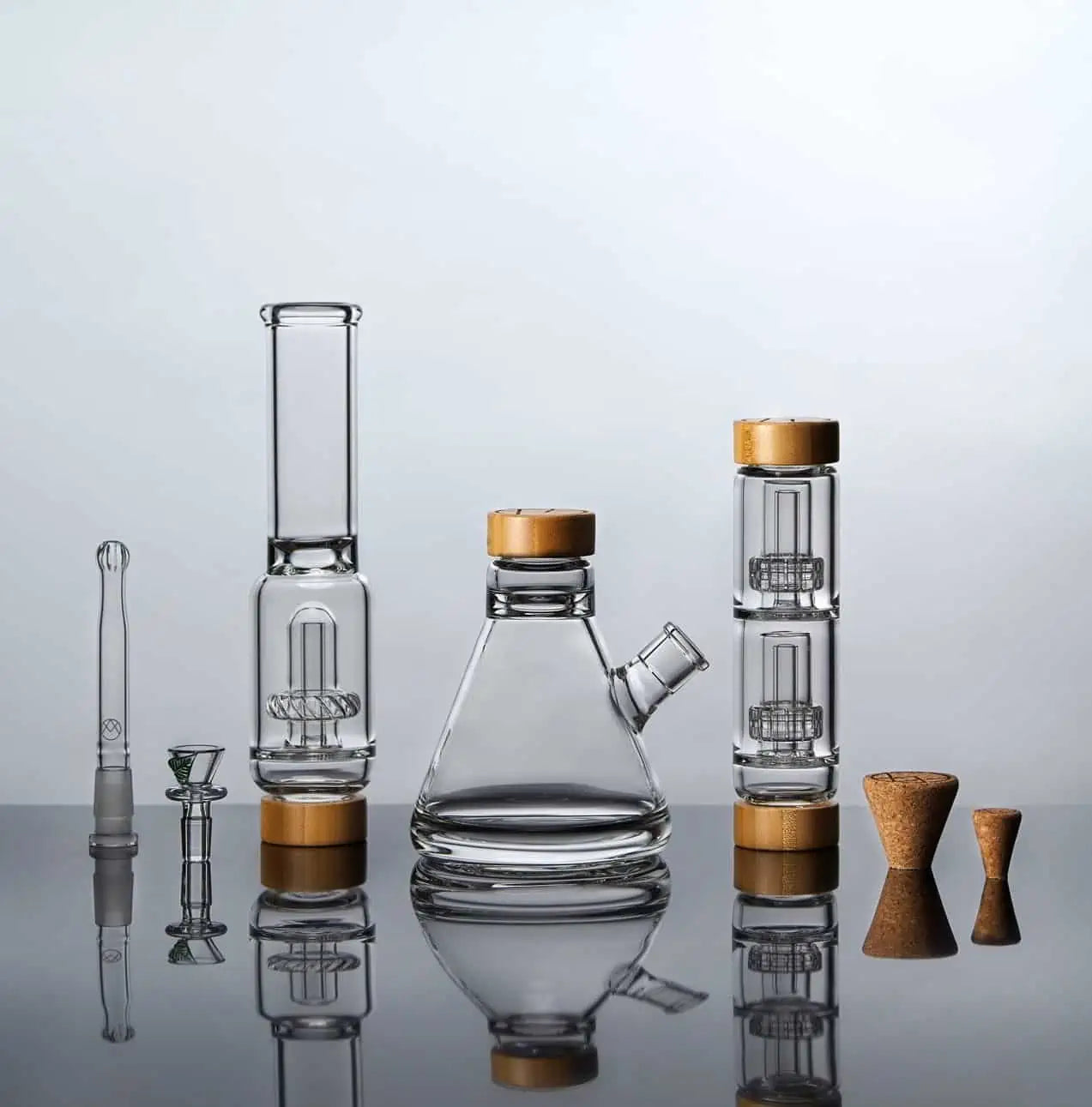Bongs
Experience smoother hits with VITAE Glass bongs. Built with 5mm thick glass and featuring detachable parts, our big bongs are designed to last longer and clean easier than traditional one-piece designs.
Experience smoother hits with VITAE Glass bongs. Built with 5mm thick glass and featuring detachable parts, our big bongs are designed to last longer and clean easier than traditional one-piece designs.
We offer free U.S. shipping on orders over $200. Orders are fulfilled & shipped within 48 hours from the order date and arrive in 5-10 business days.
Free returns within 30 days. Must be unused and in the same condition that you received it. It must also be in the original packaging.
Sick of talking to bots? Our customer agents are real people that are trained to help you and resolve any questions you may have.
